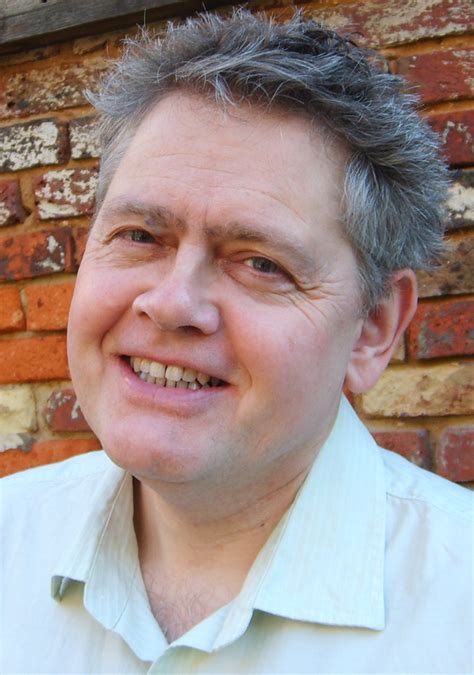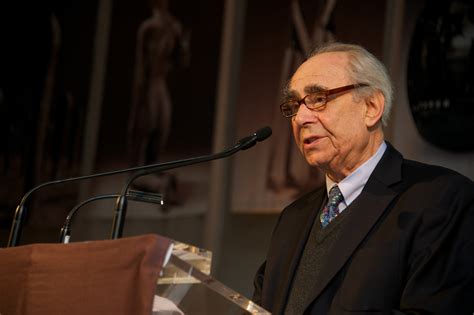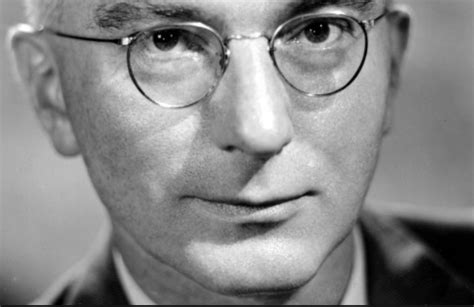A Quote by Karl Jaspers
If philosophy is practice, a demand to know the manner in which its history is to be studied is entailed: a theoretical attitude toward it becomes real only in the living appropriation of its contents from the texts.
Related Quotes
The way in which we manage the business of getting and spending is closely tied to our personal philosophy of living. We begin to develop this philosophy long before we have our first dollar to spend; and unless we are thinking people, our attitude toward money management may continue through the years to be tinged with the ignorance and innocence of childhood.
Where philosophy ends, poetry must commence. There should not be a common point of view, a natural manner of thinking which standsin contrast to art and liberal education, or mere living; that is, one should not conceive of a realm of crudeness beyond the boundaries of education. Every conscious link of an organism should not perceive its limits without a feeling for its unity in relation to the whole. For example, philosophy should not only be contrasted to non-philosophy, but also to poetry.
It is what makes conscious of the conditions and laws of observing which applied in this manner become a theme on its own. The activity of consciousness depending on the way the work itself proceeds, becomes the subject of my attention this way and it is precisely because of this voyeuristic attitude toward the own observation and experience of the subject that the conscious analytic dimension in the work shows.
In the history of humanity there are no civilizations or cultures which fail to manifest, in one or a thousand ways, this need for an absolute that is called heaven, freedom, a miracle, a lost paradise to be regained, peace, the going beyond History... There is no religion in which everyday life is not considered a prison; there is no philosophy or ideology that does not think that we live in alienation.... Humanity has always had a nostalgia for the freedom that is only beauty, that is only real; life, plenitude, light.
One can get a proper insight into the practice of flying only by actual flying experiments. . . . The manner in which we have to meet the irregularities of the wind, when soaring in the air, can only be learnt by being in the air itself. . . . The only way which leads us to a quick development in human flight is a systematic and energetic practice in actual flying experiments.





































